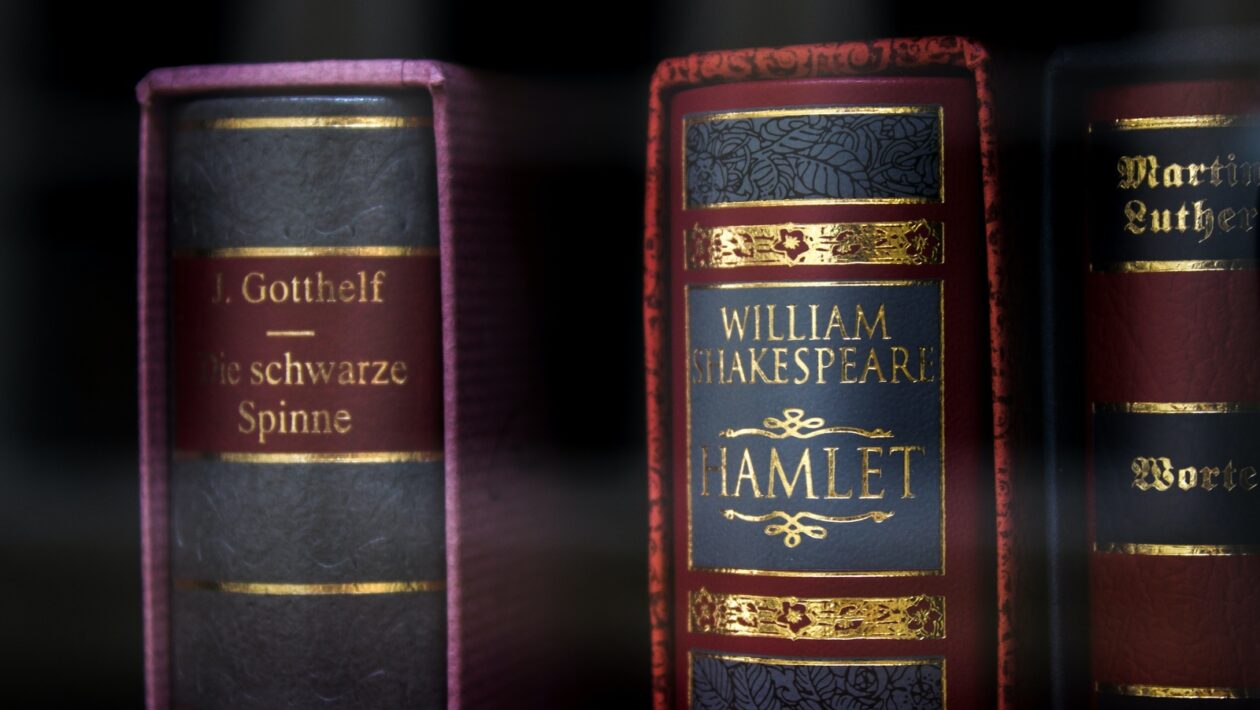(CM261: 7 cues) SM20 notes that the musicians in the play were adults; SJ3 notes their specific instruments. As well as much allusion to music during the couse of the play, Act IV scene 2 is one of those outstanding in its treatment of both song and instrumental music, cf PS (2005) 147 Sanders indicating that the song (370) is preceded by both instrumental introduction and postlude, with Proteus presumably singing the solo. He notes how this ‘musical episode is closely paralleled in ‘La Diana’ of Montemayor. Long (L29)
| act | scene | line | Click here to find out more about suggested song | |
| I | ii | 9-11 | [What thinks thou of the fair Sir Eglamour?] ‘Sir Eglamour’ DO 132-4; ۞DO ii 15, | 368 |
| and as ‘The Tale of Sir Eglamour and the dragon’ sung with viol, cittern and curtal; performance notes ‘Acting it out’ Sk26-28] ۞Sk8; melody also used in ‘Love, love, nothing but love’ setting | (333) | |||
| 79-97 | Discussion of love letter in terms of music: cf N&26-27 | |||
| [Some love of yours hath writ to you in rhyme./ That I might sing it, madam, to a tune Give me a note. Your l2adyship can set./ As little by such toys as may be possible. Best sing it to the tune of ‘Light o’ love’./ | (236) 369 | |||
| It is too heavy for so light a tune./ Heavy? Belike it some *burden, then?/ Ay, and melodious were it, would you sing it./ And why not you?/ I cannot reach so high./ Let’s see your song… Keep tune there still. So you will sing it out: And yet methinks I do not like this tune./ You do not?/ No, madam; ’tis too sharp./ You, minion, are too saucy./ Nay, now you are too flat, And mar the concord with too harsh a *descant. There wanteth but a *mean to fill your song./ The mean is drowned with your unruly *bass]. | ||||
| II | i | 19 | [to relish a love-song, like a robin redbreast;] | |
| vii | 28 | [He makes sweet music with th’enamelled stones] | ||
| III | i | 178-9 | [Except I be by Sylvia in the night There is no music in the nightingale.] | |
| 236-9 | [the next word that thou speak’st…breathe it in mine ear, As ending *anthem of my endless dolour.] | |||
| ii | 77-84 | [For Orpheus’ lute was strung with poets’ sinews, Whose golden touch could soften steel and stones, Make tigers tame and huge leviathans Forsake unsounded deeps to dance on sands. After your dire-lamenting elegies, Visit by night your lady’s chamber-window With some sweet *consort. To their instruments Tune a deploring *dump. The night’s dead silence Will well become such sweet complaining grievance] N&26-7 comments | ||
| 90-91 | [Let us into the city presently To sort some gentlemen well skilled in music.] | |||
| IV | ii | See especially NC56 for the Quiller-Couch and Dover Wilson interpretation of the ‘Serenade’ scene; see also L52-61 for detailed musical reconstruction, and ME 174-5. SM28-9 serenaders play on stage. William Carroll (AS3 240). The musical interlude begins with instruments alone [l. 26-36], then the song [l. 40-54], then an additional instrumental section perhaps played by Proteus on the strings [l. 64-78]. see also ALd 515; NA (1969) ed Leech, and PS (2005) p. 147 ed. Sanders. Long suggests that Proteus sing off stage accompanied by an instrumental consort. | ||
| 16-17 | [Now must we to her window, And give some evening music to her ear.] | |||
| Enter Thurio with musicians | ||||
| 25 | [Let’s tune, and to it lustily a while.] | |||
| 29-32 | [We’ll have you merry; I’ll bring you where you shall hear music…/ But shall I hear him speak?/ Ay, that you shall./ That will be music] | |||
| 35-37 | [Hark! hark!/ Is he among these?/ Ay. But peace! Let’s hear ’em]. | |||
| 38-52 | Song. [3]. Who is Sylvia? What is she… (SM24) voice and broken consort, | 370 | ||
| (EM174-5) discusses the song. (AL114) notes how the music is being used with evil intent. see also Leech in AS (1969) p.86. (SM20) Proteus sang and played an instrument in the consort. LB265 men’s voices & strings. | ||||
| a) uN63-4: c1510 CORNYSH ‘Ah! the syghes’ à 3; SAT voices (RA f32-33) MB xxvii [Note there is another setting attributed to CORNYSH in the same ms. MB xxviii A / CW35-36/ C57/ K70/ G32/ MK178] | ||||
| b) uL59 1600 JONES ‘She whose matchless beauty’ suggesting that it should be sung off stage accompanied by consort. EL ii 4: 3/ WA ii | ||||
| c) uCM262-5 set to ‘Callino custurame’ + rSATB | (74) | |||
| d) uDO459-60 set to ‘O ye happy dames’ | (305) | |||
| e) ۞Ph27 FERRABOSCO setting | ||||
| 53-60 | (L59) song, followed by consort playing alone, an instrumental postlude | 371 | ||
| (B265): My Lady Carey’s Dumpe played softly | (300b) | |||
| [How now, are you sadder than you were before? How do you ,man? The music likes you not./ You mistake. The musician likes me not… He plays false, father./ How, out of tune on the strings?/ Not so. But yet so false that he grieves my very heart-strings]. | ||||
| (61-77) | L56 (the musicians begin playing a brisk dance tune): 1571 Phalèse/ 1589 f52v Arbeau galliard ‘La Traditore my fa morire’ (Because of the traitor I die); tune ARe 99/ DF 108/ WM ii 135; à 4 PG4; ۞BroA 4 ii/ ۞EmH3/ ۞Md 16 | 372 | ||
| 61-69 | [You have a quick ear/… I perceive you delight not in music./ Not a whit when it jars so./ Hark what fine change is in the music!/ Ay, that ‘change’ is the spite./ You would have them always play but one thing?] | |||
| 82 | Exeunt Thurio and the musicians | |||
| 84 | [I thank you for your music, gentlemen.] | |||
| iii | 11-13 | [O Eglamour thou art a gentleman…] DO132-4 ‘Sir Eglamour’; | (368) 373 | |
| iv | 0` | Enter Launce with his dog (DLC) BYRD attrib, ‘My mistress had a little dog’ consort song voice + 4 viols BYRD cw 15, p.131/ BYb2/ WM ii | 374 | |
| V | iv | 5-6 | [to the nightingale’s complaining notes Tune my distresses and *record my woes.] |

